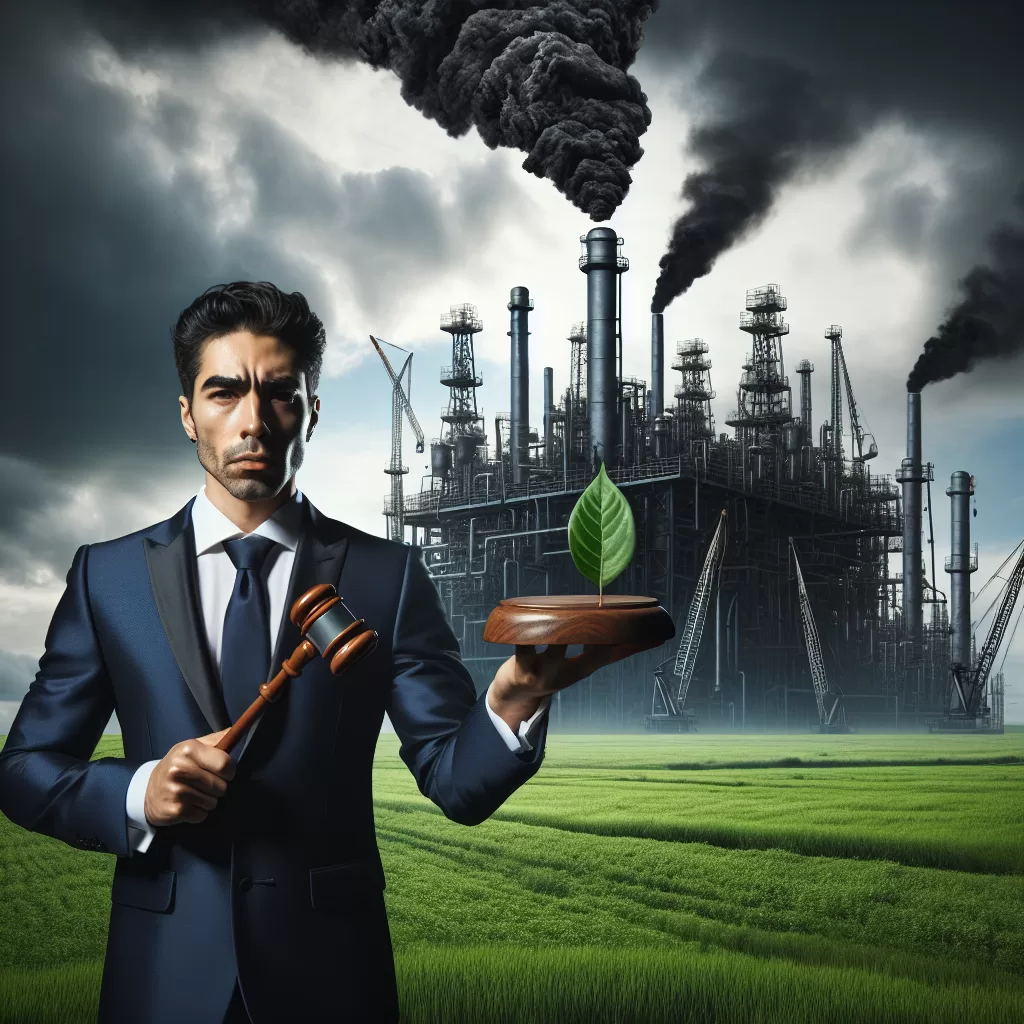In a pivotal move, the U.S. Supreme Court has paved the way for climate accountability lawsuits against major oil companies to proceed. This decision signals a significant shift in the legal landscape, allowing communities to seek compensation for climate-related damages and challenge alleged corporate deception about the risks of fossil fuels.Scientific Breakthrough:
The court’s ruling specifically impacts a high-profile case brought by the city of Honolulu, Hawaii, against oil giants Shell and Sunoco. Honolulu claims these companies intentionally misled the public about the climate risks associated with their products, contributing to costly issues like coastal erosion, flooding, and infrastructure damage. Environmental data reveals that the world’s top 20 fossil fuel companies are responsible for over one-third of all modern greenhouse gas emissions, bolstering the legal arguments in such cases.
Broader Implications:
The Supreme Court’s decision carries broader implications beyond Honolulu’s lawsuit. Similar climate accountability lawsuits have emerged globally, with notable cases in the Netherlands, France, and Australia. In 2021, a Dutch court ordered Shell to reduce its emissions by 45% by 2030, setting a precedent for climate litigation. The recent ruling suggests a shift in how these cases might navigate the legal system, potentially opening the door for more successful climate damage compensation claims.
Regional and Global Context:
Hawaii, a state particularly vulnerable to the impacts of climate change, has already faced over $100 million in taxpayer costs over the past decade due to climate-related damage. As sea levels continue to rise and extreme weather events intensify, the need for resilient infrastructure and coastal protection measures becomes increasingly pressing. The Honolulu case aims to hold major contributors to climate change accountable for their alleged role in exacerbating these challenges.
Environmental Policies and Trends:
The Supreme Court’s decision aligns with broader environmental policy trends and the Biden administration’s stance on climate accountability. The U.S. Solicitor General recommended allowing these cases to proceed in state courts without federal intervention, reflecting the administration’s commitment to addressing climate change and holding corporations responsible for their actions.
Conclusion:
With the Supreme Court’s ruling, the path is now clear for Honolulu’s case against Shell and Sunoco to potentially reach trial by 2026, marking a crucial milestone in climate accountability litigation. This decision empowers communities to seek justice and compensation for climate-related damages, while also sending a strong message about corporate responsibility in the face of the escalating climate crisis.
:

